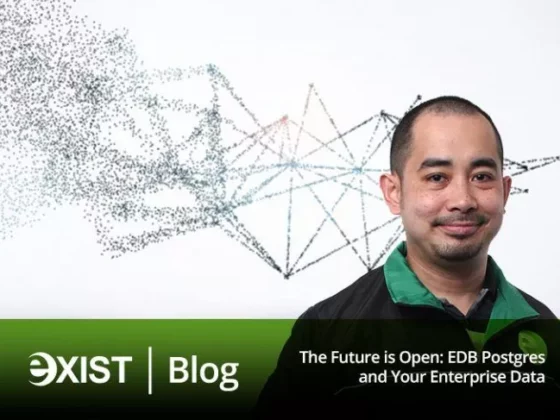Exist Data Solutions 2022: The Elephant Behind the Excellence
https://exist.com/wp-content/uploads/The-Elephant-Behind-the-Excellence.jpg
650
486
wp-admin
https://secure.gravatar.com/avatar/2c2415933dfbd6bcfc0c33b368ec51faefea47bbff49db8717c5c4620cc429ed?s=96&d=mm&r=g
The preceding year, 2021, was an eventful year for EXIST Data Solutions: new team members were added, new technologies were learned, and new projects were…
read more


